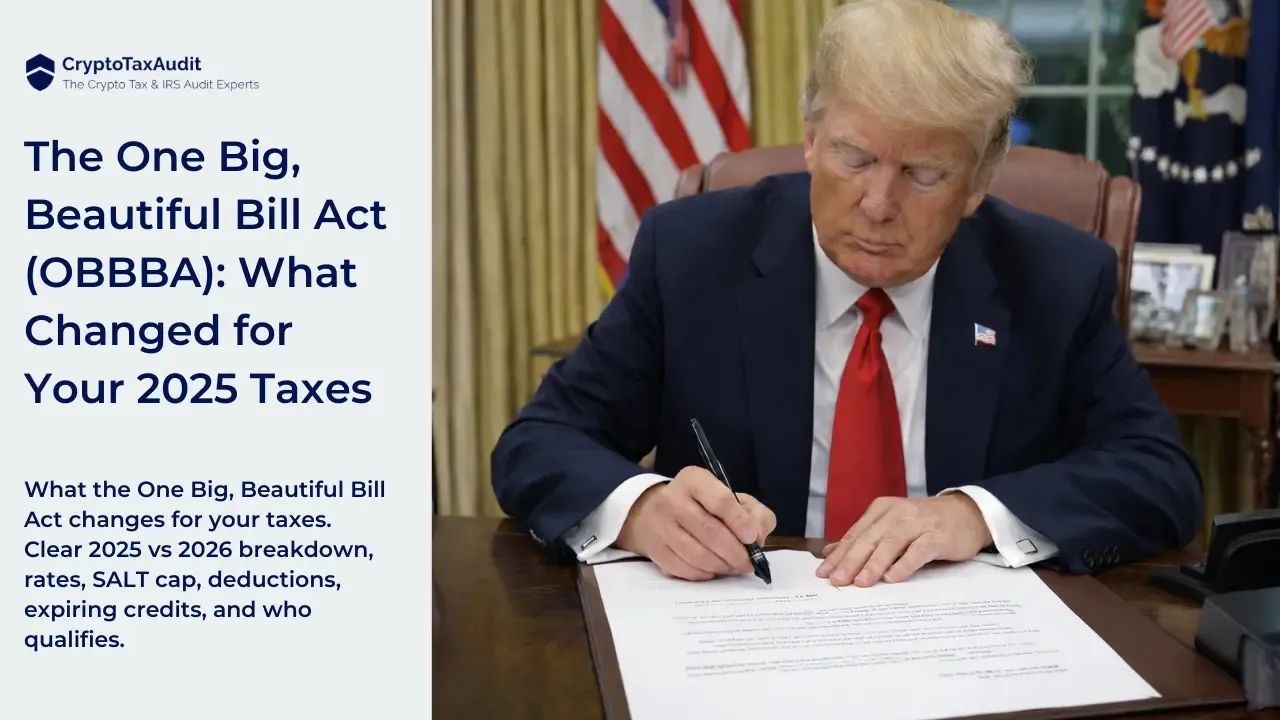
Is it Legal to Use a VPN for Crypto Trading? What U.S. Traders Must Know
Key Takeaways:
-
The IRS doesn’t penalize VPN use, what matters is reporting all income.
-
Trading on sanctioned exchanges (Russia, Iran, North Korea, etc.) can put you in legal trouble.
-
Foreign exchanges like Binance share data with the IRS through global AML agreements.
-
Tumblers, mixers, and privacy coins can trigger red flags and complicate banking.
Why Is It Crucial to Report All Crypto Income to the IRS?
Understanding the importance of tax reporting is crucial for every crypto investor. The IRS requires that all income, whether legal or illegal, be reported.
This principle is reminiscent of how Al Capone was eventually caught for not reporting his illegal income.
Therefore, it’s essential to report everything.
Is it Legal to Use a VPN for Crypto Trading?
A common question arises about the legality of using a VPN to trade on foreign exchanges that have restricted American users.
Many wonder whether using a non-U.S. VPN address to hide their American identity from these exchanges is permissible by the IRS.
Surprisingly, the answer is yes.
The IRS does not concern itself with how you manage these interactions, as long as all income is reported.
The only issue would occur if you're dealing with exchanges based in countries comprehensively sanctioned by the U.S. which currently are Russia, Iran, North Korea, Syria, Cuba, and Russian-occupied Ukraine.
Otherwise, as long as you report all your earnings, you should be fine.
Does the IRS Get Data From Foreign Exchanges?
Platforms like Binance International, which operates out of Malta, are known to share transaction histories with the IRS.
This cooperation often stems from the exchanges' need to comply with anti-money laundering laws in the U.S.
Consequently, U.S. authorities likely have access to extensive transaction data on American citizens.
This data sharing is not confined to the U.S. but extends to the J5 countries, including Canada, England, the Netherlands, and Australia.
These nations exchange transaction records and other information, ensuring that the IRS has access to data from a wide range of sources.
Can You Really Hide Crypto Trading From the IRS?
It’s clear that hiding your activities from the IRS is nearly impossible.
Even though you're trading on foreign exchanges, you’re likely on and off-ramping through U.S. exchanges, making it easy for the IRS to track your transactions.
While they might not immediately know the full extent of your holdings, they have the means to find out if necessary.
Do Mixers or Privacy Coins Protect You From IRS Scrutiny?
Using tumblers or mixers for crypto transactions might seem like an obscure method. However, they're often seen as anti-money laundering tools, which could increase scrutiny on you.
They can also complicate your ability to cash out at a bank.
Similarly, using encryption coins like Monero, which hide transaction details, could raise suspicions. Although the IRS may not know the specific details of these transactions, they can still assess and monitor the activity.
What’s the Smartest Way to Stay Safe With Crypto?
The best course of action is to avoid these complicated measures and maintain transparency in your trading activities. While using non-U.S. exchanges is permissible, you must always report all income annually to stay compliant with IRS regulations.
Remember, this post is for informational purposes and not legal advice.
For specialized tax advice and tailored strategies, choose CryptoTaxAudit.com. Don't wait any longer, contact us today for comprehensive support and guidance!
Related Article: FIFO, LIFO, HIFO Explained: How Each Method Can Cut or Increase Your Crypto Taxes
Frequently Asked Questions About Crypto VPN Use and Taxes
Q: Is using a VPN to trade crypto illegal in the U.S.?
A: No, using a VPN is not illegal. The IRS only requires you to report all crypto income.
Q: Can I trade on foreign exchanges with a VPN?
A: Yes, unless the exchange is in a U.S.-sanctioned country. Using VPNs for Binance, KuCoin, or other foreign exchanges is allowed — but all income must be reported.
Q: Does the IRS track VPN usage?
A: No, the IRS isn’t tracking your VPN connection. They get your data directly from exchanges and blockchain tracing tools.
Q: How can CryptoTaxAudit help me stay compliant?
A: CryptoTaxAudit helps with every stage of crypto tax compliance. We handle tax preparation, calculate complex gains, and ensure accurate reporting. If the IRS challenges your numbers, we defend them in an audit and provide ongoing IRS account monitoring. Our team specializes in crypto-specific tax rules so U.S. traders can trade with confidence.





